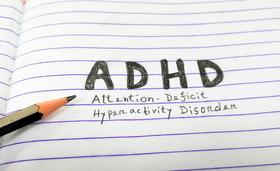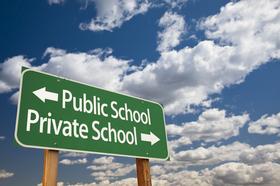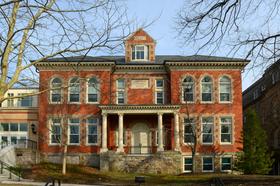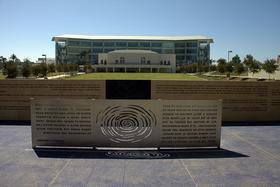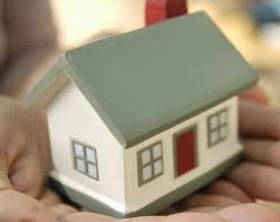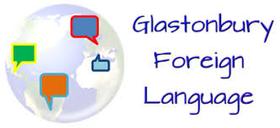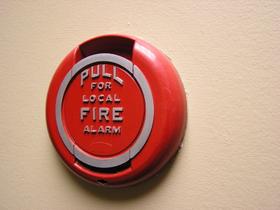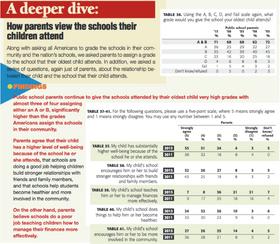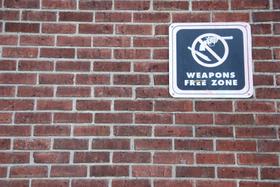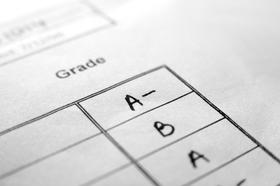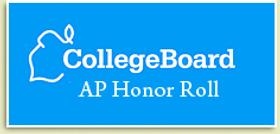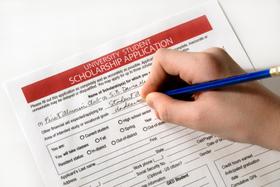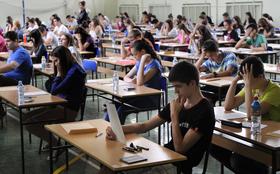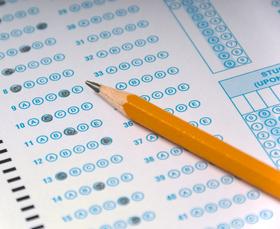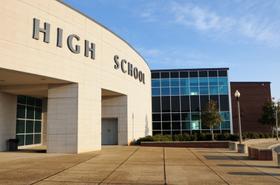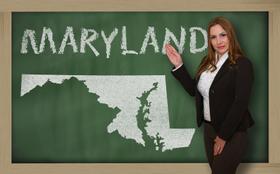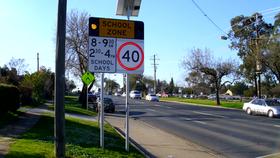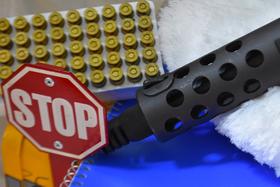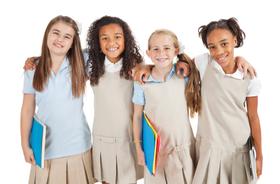A new study shows that while charter schools are making significant gains in their performance, they are not exceeding public schools in most areas of the country. In addition, the study found vast variations in the quality of public school throughout the nation, with charters in some states outperforming traditional schools and charters in other states falling sadly behind. As interest in charter schools continues to grow, many are looking at studies like this with interest to determine whether these non-traditional schools can pull their weight in the public school system.
Taking a Closer Look at Charter Schools
The Washington Post reports that the latest study was conducted by researchers at Stanford University’s Center for Research on Education Outcomes (CREDO). Researchers analyzed test data for schools in 26 states and the District of Columbia to compare the performance of charter schools to that of traditional public schools. To obtain the most accurate comparisons, charter school students were compared directly to a “virtual twin” - a composite of seven students from a nearby school with similar demographics to the charter school student.
This video looks at the question of whether charter schools are better than public schools.
Like traditional public schools, public charter schools are funded with tax dollars. However, unlike traditional schools, charters do not have to follow the guidelines and curriculum standards required by the local school system. Most charters are not unionized and they are typically run by either parent organizations or more recently, by for-profit companies. Approximately 2.3 million students attend charter schools today, which accounts for approximately 4 percent of all the children in the United States.
Impact of Charters on Math and Reading
According to a report at Reuters, charter schools students learned about the same amount of math as their traditional public school counterparts over the course of an academic year. In reading, charter school students seemed to enjoy a slight boost over traditional school students, which equated to around eight extra days in the classroom over the course of a year. Certain groups, including students from low-income families, black kids, and children who speak English as a second language all seemed to reap the greatest benefit from the charter school option.
Overall, researchers found that one-fourth of charters outpaced neighborhood schools in reading scores, while 19 percent performed worse and more than half performed about the same. At the same time, 29 percent of charters had higher math scores, while 31 had lower scores and 40 percent scored about the same as neighborhood schools.
This video discusses the question of whether charter schools might be the future of public education.
Charters have also improved their own performance since 2009 when researchers found charters in 16 states lost ground in both reading and math compared to traditional public schools. In some areas, that improvement has been attributed to the prompt closing of charters that fail to live up to their academic promises. However, proponents of charters agree that this process must be handled more efficiently across the nation if scores are to continue to improve for these schools.
Michael Petrilli of the Thomas B. Fordham Institute told Reuters the charter school results were sort of a “mixed bag.” However, he added, “I’m not giving up yet on the idea that charters will outperform district schools in the long run.”
Inconsistent Results Lead to Questions
Slate reports that one of the biggest concerns over the results of this CREDO study is the inconsistency of performance among charter schools nationwide. The inconsistencies seem to be found on a statewide basis, with states like Tennessee, Rhode Island, New Jersey, New York, Louisiana, and Massachusetts showing higher performance in charter schools than traditional public schools. Rhode Island made the biggest gains, with 86 extra days in reading and 108 days gained in math.
The District of Columbia also has a spot on this list. Nearly 43 percent of all public school students in D.C. attend a charter school today, one of the highest percentages in the country. Educators attribute the success of charter schools here to a positive attitude toward charter schools and a number of organizations in the District supporting the movement.
At the same time, states like Nevada, Pennsylvania, Texas, Ohio, Arkansas, Oregon, and Arizona have charter schools that do not perform as well. In some cases, those schools performed much worse, with charter school students in Nevada losing as many as 115 days in reading and 137 days in math, according to Southern California Public Radio.
Helping Kids that Need the Most Help
Another noteworthy finding in this recent study is the fact that charter schools do appear to be helping students that need the most support to succeed academically. Bloomberg Business Week reports that disadvantaged and high-risk students seem to benefit the most from the charter school environment. For example, low-income black and Hispanic students in charter schools made significant gains in math - the equivalent of an additional 36 days of learning time.
“The charter sector does seem to be posting better results, especially with disadvantaged students,” Margaret Raymond, director of Stanford’s Center for Research on Education Outcomes, told Bloomberg.
This lengthy video examines the impact of charter schools in Chicago.
Since 2009, charter schools are seeing higher numbers of poor and minority students joining their ranks. The fact that these students also made the greatest gains suggests charter schools may be more effectively meeting the needs of these students academically. However, students from middle-income families and white and Asian students did not perform as well in charter schools as their peers attending traditional public schools.
Results reported by CREDO have been used both by charter proponents and opponents to make their cases about the need for more charter schools. It appears it will take more time to determine whether these schools really will be the answer for boosting a struggling public school system.
Questions? Contact us on Facebook. @publicschoolreview



